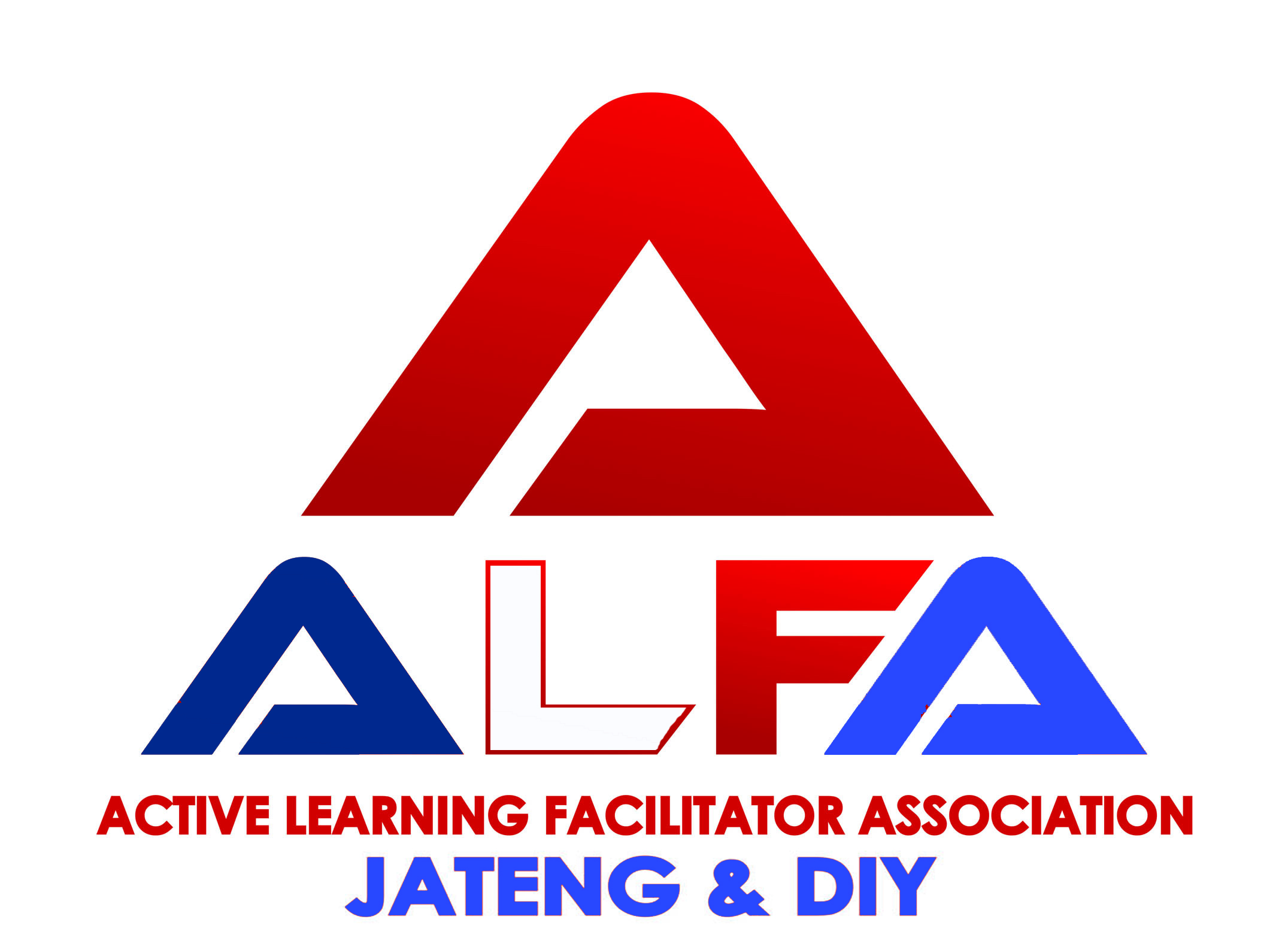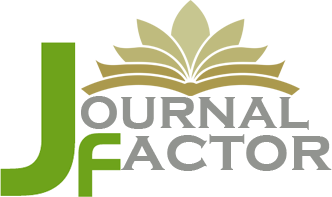Integrated Science Learning Using Scientific Approach in Junior High Schools in Semarang Regency
Abstract
The scientific approach is strongly suggested to be used in implementing “Curriculum of 2013” (K13) by Department of Education. This study aimed to identify whether integrated science learning was implemented in Junior High Schools in the Semarang Regency, Indonesia used a scientific approach, how it was implemented, and what problems that emerged in it. This research was conducted in 13 Junior High Schools in Semarang Regency, Central Java Province that implemented K13 during the odd semester in 2016/2017 school year by interviewing the science teachers in each school to determine how scientific approach was implemented in their schools. Based on the interview results analyzed using qualitative description methods, K13 was implemented, teachers used a scientific approach to teach science subject in their classes, and they integrated science materials in the curriculum. However, not all of the science materials were able to be integrated and taught using scientific approach because the teachers’ educational background is not from science education. Furthermore, the availability of the teachers and students books, the laboratory facilities, and funds were very limited. Many solutions such as using various learning models were done, but they were not be able to maximize the learning even though the students were active and enthusiastic in learning. Therefore, the teachers really need real supports to enhance their learning using scientific approach.
Keywords: integrated science learning, scientific approach, curriculum of 2013, junior high school
Full Text:
PDFReferences
Chen, L.C., Chen, Y., & Ma, W. (2014). Effects of Integrated Information Literacy on Science Learning and Problem-solving among Seventh-grade Students. Malaysian Journal of Library and Information Science, 19(2), 35-51. Retrieved from https://pdfs.semanticscholar.org/eaba/ce 0dece25e40a048d5909a95bc4b985592 2e.pdf
Juliyanto, E. (2017). Model Pembelajaran IPA dengan Pendekatan Inkuiri Berbasis Proyek untuk Menumbuhkan Kompetensi Menyelesaikan Masalah [Science Learning Model with a Project Based Inquiry Approach to Cultivate Problem Solving Competencies]. Indonesian Journal of Science and Education, 1(1), 36-42. Retrieved from http://jurnal.untidar.ac.id/index.php/ijos e/article/view/419
Nezvalova, D., (2007) The Constructivist Perspective and Teaching Integrated Science : Making Science Accessible to All Students. The International Journal of Learning, 14(6), pp. 133-140. Retrieved from http://web.b.ebscohost.com/ehost/pdfvi ewer/pdfviewer?vid=0&sid=60d93aba5027-4573-817ce152d00eea90%40pdc-v-sessmgr01
Purnama, T., Haris, M., &Arsyad, M. (2014). Pengaruh Pendekatan Ilmiah dalam Pembelajaran Fisika terhadap Keterampilan Proses Sains Peserta Didik Kelas X SMAN 1 Marioriwawo Kabupaten Soppeng [The Influence of Scientific Approach in Physics Learning toward Students’ Science Process Skills of Grade X SMAN 1 Marioriwawo Kabupaten Soppeng]. Jurnal Sains dan Pendidikan Fisika, 11(2), 150–154. Retrieved from http://ojs.unm.ac.id/index.php/JSdPF/ar ticle/view/1482
Prahastiwi, R. B. (2014). Penerapan Pendekatan Saintifik untuk Meningkatkan Karakter Rasa Ingin Tahu dan Prestasi Belajar Siswa Kelas X MIA SMA Negeri 6 Malang [The Implementation of Scientific Approach to Improve Curiosity Character and Students’ Achievement of Grade X MIA SMA Negeri 6 Malang].Universitas Negeri Malang. (http://library.um.ac.id/ptk/index.php? mod=detail&id=67008).
Sudjana (2010). Pengantar Evaluasi Pendidikan [Introduction of Education Evaluation], Jakarta: Raja Gravindo Persada.
Sugiyono (2012). Metode Penelitian Kuantitatif, Kualitatif, dan R&D [The Quantitative, Qualitative, and R&D Methods of Research], Alfabeta: Bandung.
Trianto (2010). Mendesain Model Pembelajaran Inovatif-Progresif [Designing Inovative-Progressive Learning Model], Jakarta: Kencana Prenada Media Group.
Wijayanti, A. (2014). Pengembangan Autentic Assesment Berbasis Proyek dengan Pendekatan Saintifik untuk Meningkatkan Keterampilan Berpikir Ilmiah Mahasiswa [Development of Project Based Authentic Assessment with Scientific Approach for Improving Students’ Scientific Thinking Skills]. Jurnal Pendidikan IPA Indonesia. JPII 3 (2) (2014), 102-108. Retrieved from https://journal.unnes.ac.id/artikel_nju/jp ii/3107
DOI: https://doi.org/10.31002/ijose.v2i1.583
Refbacks
- There are currently no refbacks.
Copyright (c) 2018








